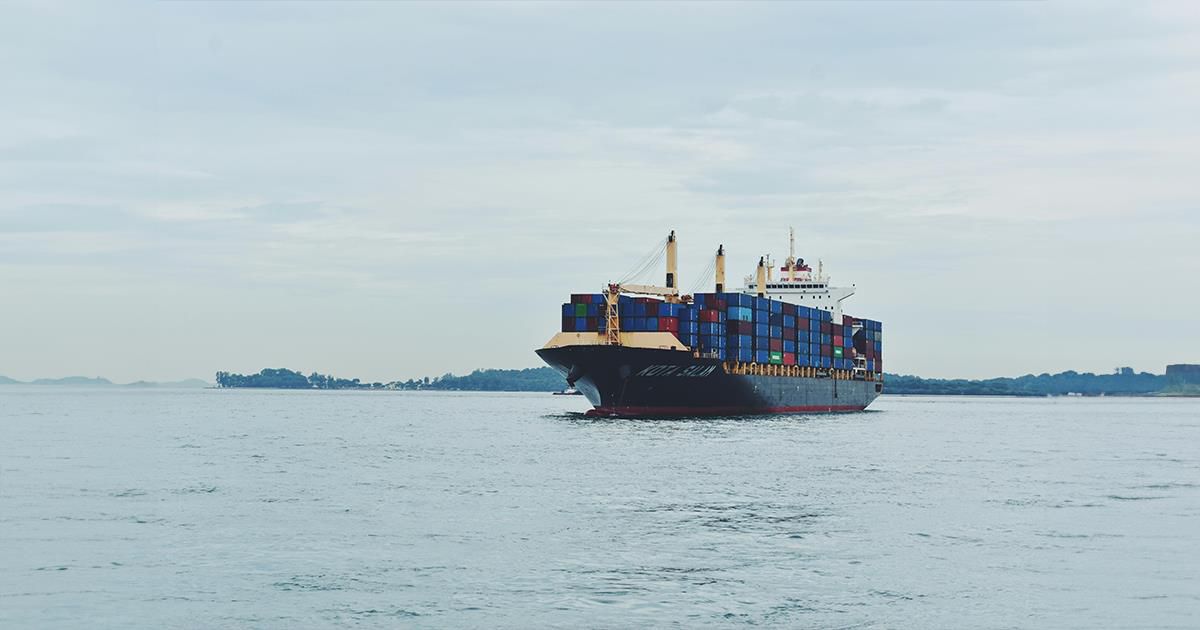Navigating Troubled Waters: Diplomatic Initiatives and Potential Resolutions for the Red Sea Crisis
Introduction:
The Red Sea has long been a vital geopolitical and economic artery, connecting the Mediterranean Sea to the Indian Ocean and facilitating global trade. However, in recent times, the region has been marred by escalating tensions and conflicts, giving rise to what is now known as the Red Sea Crisis. As nations vie for control and influence in this strategic waterway, diplomatic initiatives have become crucial in averting further escalation and finding sustainable resolutions.

Current Scenario:
The Red Sea Crisis is characterized by a complex web of political, economic, and security challenges. Key players in the region include Saudi Arabia, Egypt, Ethiopia, Eritrea, and Djibouti, each with its own set of interests and concerns. The construction of the Grand Ethiopian Renaissance Dam (GERD) on the Blue Nile, a major tributary of the Nile River, has added another layer of complexity to the situation, as downstream countries, particularly Egypt and Sudan, fear the dam’s impact on their water supply.
Diplomatic Initiatives:
International Mediation:
Engaging neutral third-party mediators, such as the United Nations or the African Union, can provide a platform for diplomatic dialogue. These organizations can facilitate negotiations and encourage the involved parties to find common ground. A comprehensive and inclusive approach involving all stakeholders is essential to address the multifaceted nature of the crisis.
Water-sharing Agreements:
Developing equitable water-sharing agreements is crucial for managing the concerns surrounding the GERD. The riparian nations must work together to establish fair and sustainable allocation mechanisms that consider the needs of all parties. Learning from successful transboundary water agreements in other regions could provide valuable insights.
Regional Cooperation:
Encouraging regional cooperation is essential to fostering stability in the Red Sea. Establishing a forum for dialogue among the affected nations can promote understanding, trust, and collaboration. Shared economic interests, such as trade routes and ports, could serve as common ground for building diplomatic bridges and mitigating tensions.
Environmental Cooperation:
The Red Sea Crisis has environmental implications that transcend national borders. Collaborative efforts to address issues such as overfishing, pollution, and climate change can create a shared sense of responsibility and provide a platform for diplomatic initiatives. Environmental cooperation can serve as a catalyst for broader peace-building efforts.
Potential Resolutions:
Infrastructure Development:
Investing in joint infrastructure projects can foster economic interdependence and create mutual benefits. Shared ports, transportation networks, and energy projects can incentivize nations to work together for their collective prosperity, thereby reducing the likelihood of conflict.
Transparency and Trust-building Measures:
Building trust among the involved nations is paramount. Implementing transparency measures related to dam operations, water usage, and environmental conservation can help alleviate concerns and demonstrate a commitment to cooperation. Confidence-building measures are essential for laying the foundation for diplomatic resolutions.
Conflict Prevention Mechanisms:
Establishing mechanisms for preventing and managing conflicts is crucial in the Red Sea region. Early warning systems, joint patrols, and crisis communication channels can help prevent misunderstandings and reduce the risk of military confrontations. A commitment to peaceful dispute resolution must be a shared priority.
Humanitarian Cooperation:
Emphasizing humanitarian cooperation can create common ground for the nations involved. Collaborative efforts to address issues like refugee crises, food security, and public health can foster goodwill and contribute to a more stable and secure environment.

Conclusion:
The Red Sea Crisis poses a significant threat to regional stability and global trade. Diplomatic initiatives and potential resolutions must be approached comprehensively, considering the intricate web of political, economic, and environmental factors at play. Through international mediation, regional cooperation, and a commitment to transparent and inclusive dialogue, the nations of the Red Sea can navigate these troubled waters towards a more stable and prosperous future. The importance of finding sustainable resolutions cannot be overstated, as the repercussions of inaction could reverberate far beyond the confines of the region.